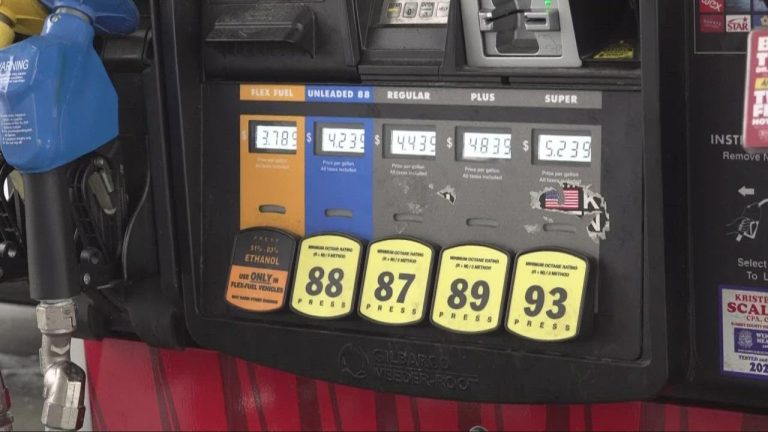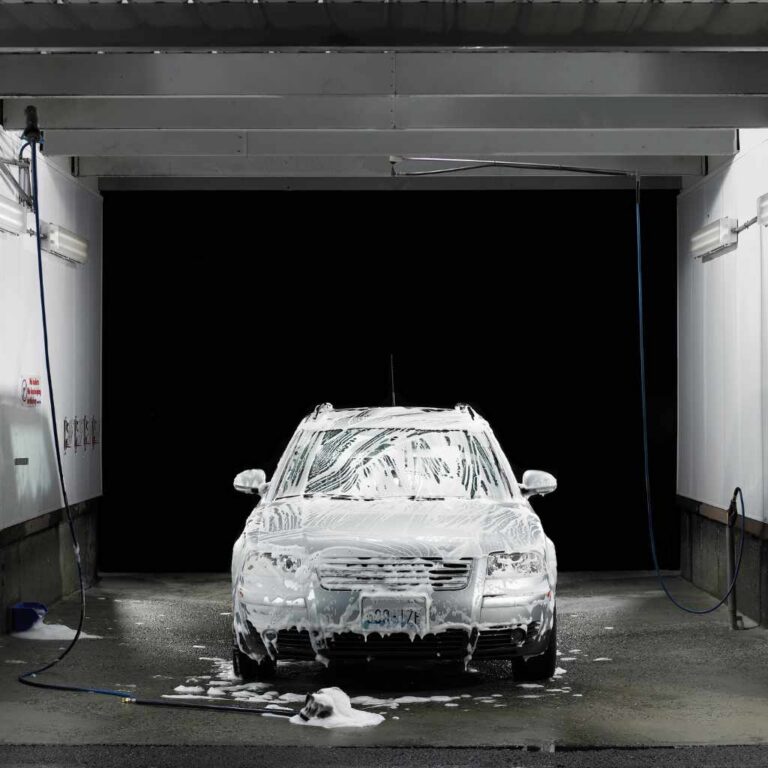How Much Does a Car Engine Cost: Unveiling the Truth
Car engine costs vary depending on the make and model of the car, as well as the type of engine needed. On average, a new car engine can cost anywhere from $4,000 to $10,000.
However, the cost can be much higher for luxury or high-performance vehicles. It is important to weigh the cost of engine replacement against the cost of purchasing a new car to determine the most cost-effective option. In addition, factors such as the age of the car and the condition of other components should be taken into consideration when making this decision.
The Price Tag Of Power: Car Engine Costs
The price of a car engine can vary depending on several factors. One of the main factors is whether you are considering a new, rebuilt, or used engine. New engines typically come with a higher price tag as they are brand new and have not been previously used. Rebuilt engines, on the other hand, are engines that have been remanufactured and can offer a more cost-effective option. Used engines are the most budget-friendly option, but it’s important to consider the condition and mileage of the engine before making a purchase.
Other factors that can influence engine prices include the make and model of the car, the size and type of engine, and any additional features or modifications. It’s also worth noting that labor costs for engine replacement can vary depending on the complexity of the job and the location of the repair shop.
When it comes to determining the cost of a car engine, it’s best to consult with a trusted mechanic or do thorough research to get an accurate estimate for your specific situation.
Breaking Down Engine Replacement Costs
Breaking down engine replacement costs is essential for car owners. Knowing how much a car engine costs can help in making informed decisions about whether to replace an engine or buy a new car. Engine replacement is often a more affordable option and can provide a reliable repair for older used vehicles.
| Breaking Down Engine Replacement Costs |
| Labor Costs and Time Frames |
| When it comes to engine replacement costs, labor is a significant factor. The cost of labor can vary depending on several factors, including the make and model of the car, the location of the repair shop, and the expertise of the mechanics. On average, labor costs for engine replacement can range from $500 to $2,500. Additionally, the time frame for the replacement can vary depending on the complexity of the engine and the availability of parts. Simple engine replacements can be completed in a few days, while more complex replacements may take several weeks. It’s important to factor in labor costs and time frames when considering the overall cost of a car engine replacement. |
| Additional Parts and Services |
| In addition to labor costs, there may be additional parts and services required during an engine replacement. These can include engine mounts, gaskets, belts, hoses, and fluids. The cost of these parts can vary depending on the make and model of the car. Additionally, other services such as engine diagnostics and testing may be necessary to ensure proper installation and functionality. It’s important to discuss these additional costs with the repair shop beforehand to get a comprehensive understanding of the total cost of the engine replacement. |
The Lifespan Of Car Engines
The lifespan of car engines can vary depending on several factors. Mileage is a significant factor that affects the longevity of an engine. Regular maintenance and proper care can also contribute to extending the lifespan of a car engine.
When To Replace: Engine Failure Symptoms
Car engine replacement may be necessary if warning signs like knocking sounds, smoke, or loss of power occur. Diagnostics can determine the extent of damage. The decision to repair or replace depends on the cost and reliability of the repair. Engine replacement is often more affordable than buying a new vehicle. It’s crucial to consider the longevity of the vehicle and the fair labor cost for the replacement. Researching and comparing costs from different sources can provide a better understanding of engine replacement expenses.
Cost Comparison: Engine Replacement Vs. New Car
When considering the cost of a car engine, it’s important to compare the financial implications of engine replacement versus purchasing a new car. Engine replacement may be more affordable in the short-term, providing cost savings without warranties or insurance help. Choosing between an engine replacement and an older used vehicle could indicate the need for a new engine. Additionally, resale value considerations come into play when deciding between engine replacement and a new car. When it comes to long-term financials, it’s crucial to weigh the reliable repair and potential cost savings against the investment in a new vehicle.
Navigating Warranties And Insurance
Navigating warranties and insurance for car engines can be a daunting task. However, it’s important to consider the cost of engine replacement versus buying a new car. Engine replacement is often more affordable and can provide reliable repair options.
| Understanding Coverage: |
| When it comes to car engine replacements, warranties and insurance can be a lifesaver. Before making any decisions, it’s important to understand what your coverage entails. Check if your warranty or insurance policy covers engine replacements or repairs and if there are any limitations or deductibles. Some policies may not cover engine replacements due to wear and tear or neglect. |
| Claims and Cost Reduction: |
| If your policy covers engine replacements, it’s important to know the claims process. Contact your insurance provider or dealership and provide all necessary information, including the cause of engine failure. Some providers may require an inspection or estimate from a certified mechanic. In addition, you can reduce your cost by comparing quotes from different mechanics or dealerships and negotiating the price. |
The Do-it-yourself Route: Is It Viable?
|
Skill Level Assessment
Before considering a DIY engine replacement, it’s essential to assess your skill level. Engine replacement is a complex task that requires advanced mechanical knowledge and experience. If you have never worked on a car engine before, attempting a DIY replacement is not recommended. |
Tool and Equipment Needs
Replacing a car engine requires specialized tools and equipment that may not be readily available in your garage. Tools such as engine hoists, torque wrenches, and socket sets are just a few examples of what you’ll need. Additionally, you may need to purchase or rent specialized equipment like an engine stand or a transmission jack. The cost of these tools and equipment can quickly add up and may make a DIY engine replacement less cost-effective than having a professional do the job. |
Where To Get Your Engine Replaced
When considering where to get your engine replaced, you have a few options to consider. Local mechanics can often offer more personalized service and a potentially lower cost, while dealerships may provide more specialized expertise and access to genuine parts. On the other hand, online marketplaces like eBay and offline options like salvage yards can offer both new and used engines at various price points. It’s important to weigh the pros and cons of each option to find the best fit for your needs and budget.
Real Costs Revealed: Consumer Experiences
Replacing a car engine can be a significant financial decision for car owners. Many have found that engine replacement is often more affordable than purchasing a new vehicle. Additionally, choosing a reliable repair such as engine replacement over an older used car can prolong the lifespan of the vehicle. Community forums provide valuable insights into the costs, including both the engine and labor expenses. Consumer experiences shared on these platforms offer real-world examples of engine replacement costs and the various factors that influence them. These insights can help car owners make informed decisions when facing engine issues.
Future Of Engine Costs: Trends And Predictions
The future of engine costs is influenced by technological advancements and economic and market influences. Technological advancements such as electric and hybrid engines are impacting the cost and availability of traditional combustion engines. As the demand for electric and hybrid vehicles increases, the production and maintenance costs of traditional car engines may rise. Economic and market influences, including the availability of raw materials, labor costs, and global market trends, also play a significant role in determining engine costs. Fluctuations in the economy and changes in consumer preferences can impact the pricing of car engines. Understanding these trends and predictions is crucial for both manufacturers and consumers in anticipating and managing engine costs.
Conclusion
The cost of a car engine can vary depending on several factors such as the make and model of the vehicle, the type of engine, and whether it is new or used. While engine replacement may be more affordable than buying a new car, it is important to consider the overall condition of your vehicle and whether it is worth investing in a new engine.
It is always recommended to consult with a trusted mechanic to assess your options and make an informed decision.






